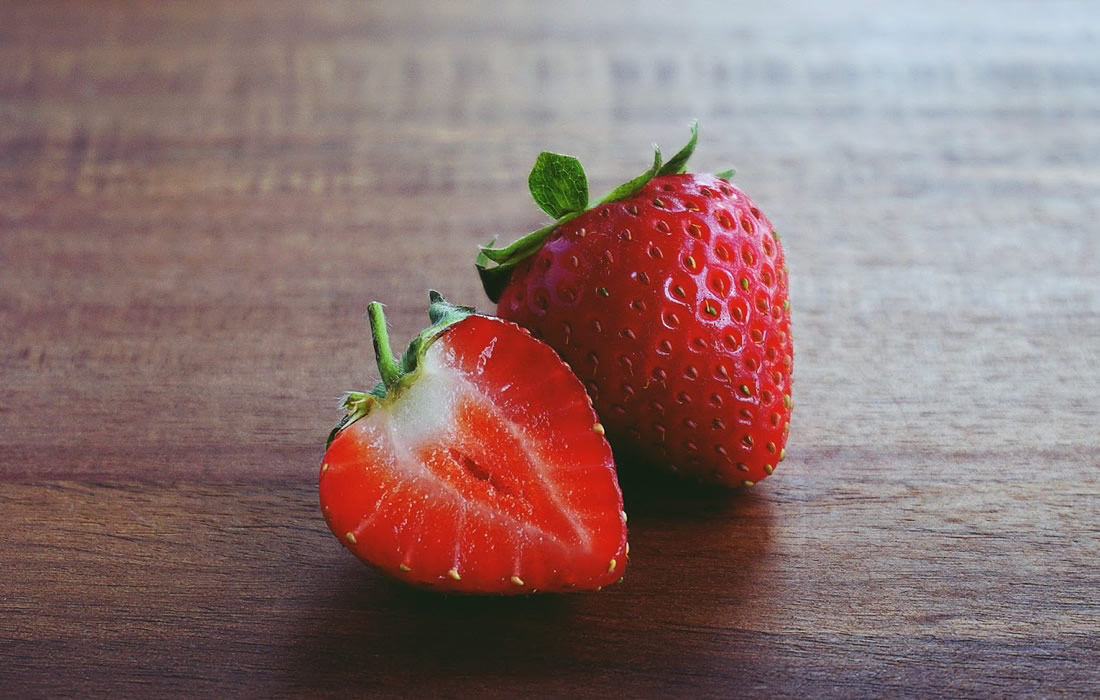Nutrition and Supplements
Strawberry Consumption May Reduce Dementia Risk for Middle-Aged Individuals
In 2022, UC’s Robert Krikorian, PhD, and his team published research that found adding blueberries to the daily diets of certain middle-aged populations may lower the chances of developing late-life dementia.
“Both strawberries and blueberries contain antioxidants called anthocyanins, which have been implicated in a variety of berry health benefits such as metabolic and cognitive enhancements,” said Krikorian.
In addition to containing anthocyanins, Krikorian said strawberries contain additional micronutrients called ellagitannins and ellagic acid that have been associated with health benefits.
“This study assessed whether strawberry consumption might improve cognitive performance and metabolic health in this population and, if so, whether there might be an association between cognitive enhancement and reduced metabolic disturbance,” he said.
A total of 30 overweight patients between 50-65 years old with complaints of mild cognitive decline were enrolled and completed the study. Krikorian said this population has an increased risk for late-life dementia and other common conditions.
Over a period of 12 weeks, the participants were asked to abstain from berry fruit consumption of any kind except for a daily packet of supplement powder to be mixed with water and consumed with breakfast.
The participants were given tests that measured certain cognitive abilities like long-term memory. The researchers also tracked their mood, intensity of depressive symptoms and metabolic data over the course of the study.
Those in the strawberry powder group had diminished memory interference, which is consistent with an overall improvement in executive ability.
“Reduced memory interference refers to less confusion of semantically related terms on a word-list learning test,” Krikorian said. “This phenomenon generally is thought to reflect better executive control in terms of resisting intrusion of non-target words during the memory testing.”
The strawberry-treated participants also had a significant reduction of depressive symptoms, which Krikorian said can be understood as a result from “enhanced executive ability that would provide better emotional control and coping and perhaps better problem-solving.”
Other strawberry studies have found improvement in metabolic measures including lower insulin, but there was no effect found on the patients’ metabolic health in this study.
While more research is needed, Krikorian said the strawberry treatment may have improved cognitive function by reducing inflammation in the brain.
Moving forward, Krikorian said future research trials should include larger samples of participants and differing dosages of strawberry supplementation.
Sources:
Robert Krikorian, Marcelle D. Shidler, Suzanne S. Summer. Early Intervention in Cognitive Aging with Strawberry Supplementation. Nutrients, 2023; 15 (20): 4431 DOI: 10.3390/nu15204431
University of Cincinnati. “Strawberry consumption may reduce dementia risk for middle-aged individuals.” ScienceDaily. ScienceDaily, 1 November 2023. <www.sciencedaily.com/releases/2023/11/231101180638.htm>.
Materials provided by University of Cincinnati. Original written by Tim Tedeschi. Note: Content may be edited for style and length.
Images from:
Photo by Suzy Hazelwood
https://www.pexels.com/photo/strawberries-on-brown-surface-1258264/

